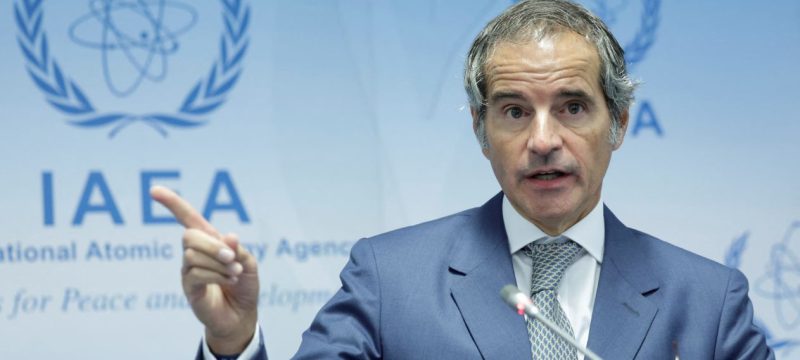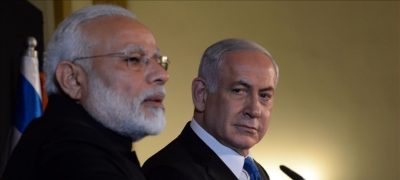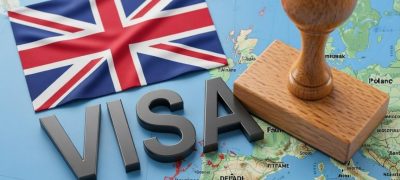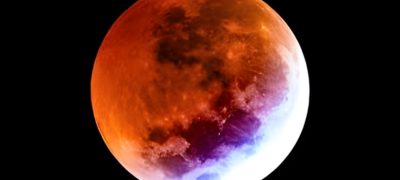Iran has officially lodged a complaint with the United Nations Secretary-General and the President of the Security Council against Rafael Grossi, the Director General of the International Atomic Energy Agency (IAEA), accusing him of bias and failure to act impartially amid rising tensions surrounding Iran’s nuclear programme.
According to reports from Iran’s semi-official Fars News Agency, the complaint comes in response to what Tehran views as Grossi’s one-sided handling of Iran’s peaceful nuclear activities and his silence on alleged Israeli attacks on Iranian nuclear sites.
Read more: 5.5-Magnitude Earthquake Hits Iran Amid Rising Tensions with Israel
In a formal letter, Iran’s Permanent Representative to the UN, Amir-Saeid Iravani, criticized Grossi for taking a “politicised approach” and failing to condemn Israel’s reported assaults on Iran’s nuclear infrastructure—actions Tehran believes are in violation of international law.
Mohammad Eslami, head of the Atomic Energy Organization of Iran, echoed the concerns and hinted at potential legal proceedings against Grossi, accusing him of inaction in the face of mounting threats to Iran’s nuclear facilities.
Tensions flared further following Grossi’s recent statement that Iran has not provided sufficient transparency regarding its nuclear programme. He warned that, under current conditions, the IAEA could not confirm that Iran’s nuclear pursuits are entirely peaceful.
Speaking to the UN Security Council, Grossi expressed serious concerns over recent attacks on Iranian nuclear sites, saying these incidents have severely compromised the safety and security of nuclear operations in the country.
This confrontation comes at a time of significant instability in the region and continued uncertainty over the fate of the 2015 nuclear agreement, the Joint Comprehensive Plan of Action (JCPOA). Efforts to revive the deal have stalled for years, while Iran presses forward with its uranium enrichment activities.
Although Iran maintains that its nuclear programme is strictly for civilian use, the IAEA and Western governments remain skeptical due to limited access and transparency surrounding the programme.









